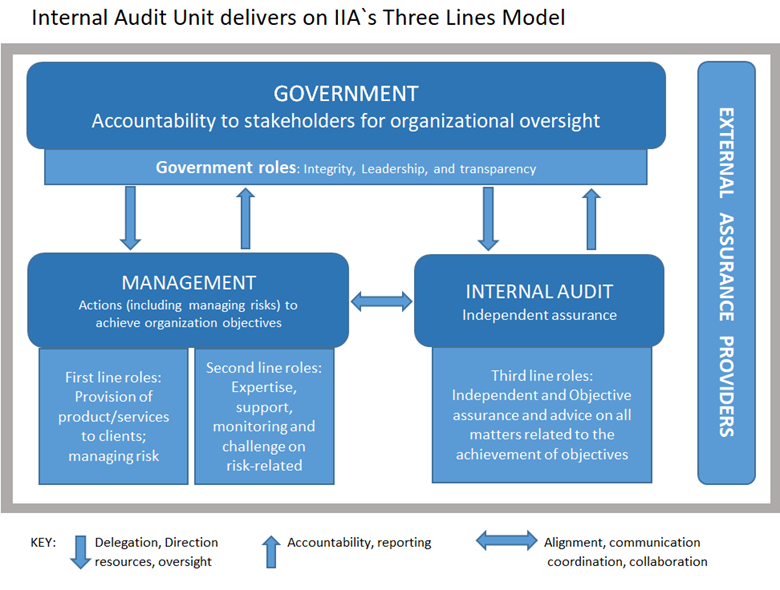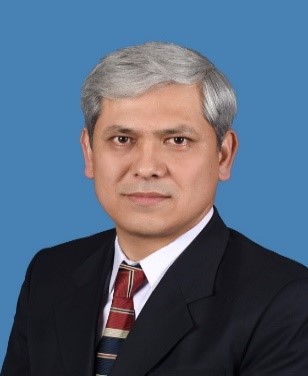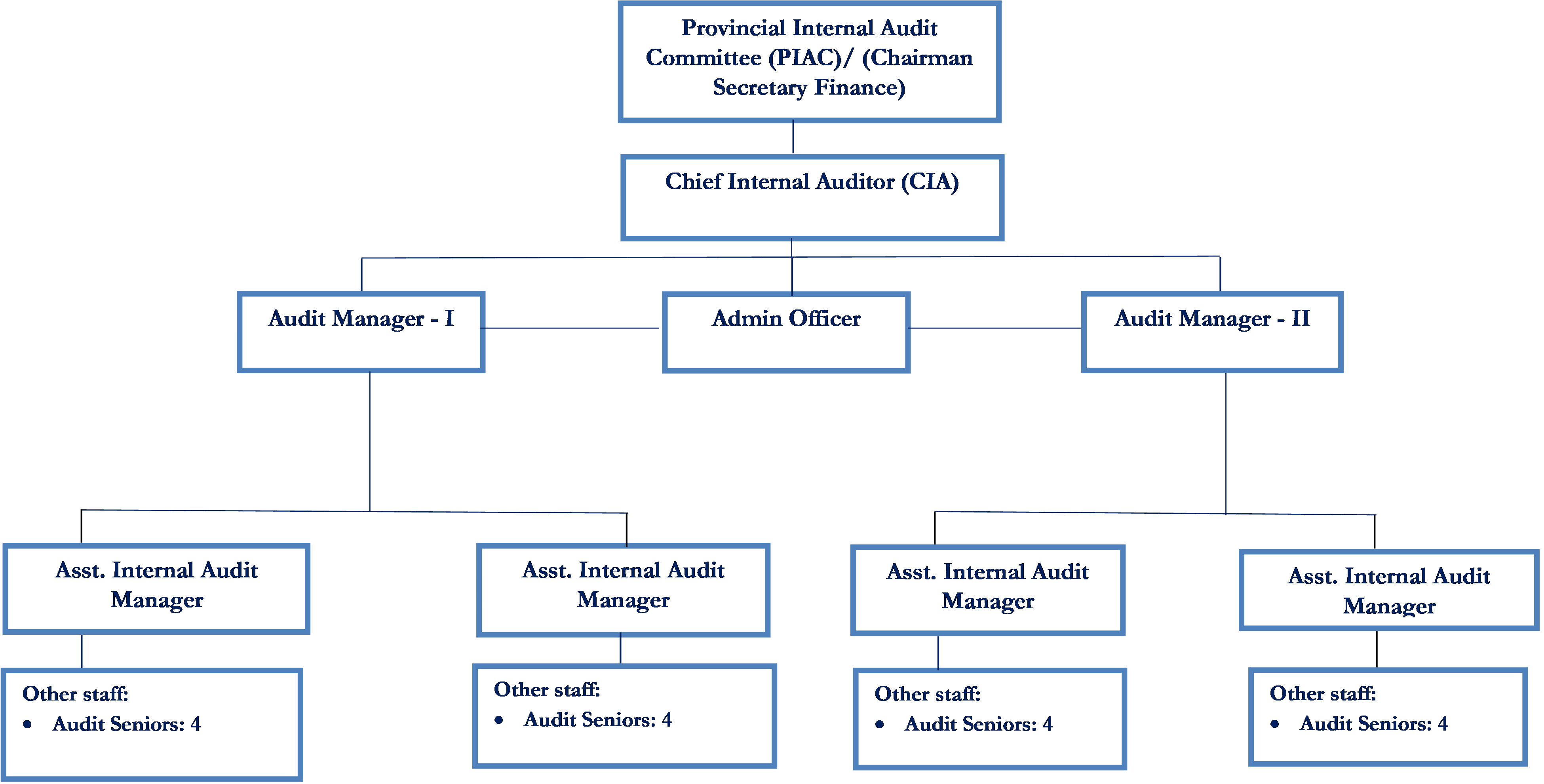Internal Audit Unit
Internal Audit Unit has been established by the Government of Balochistan in the Finance Department under section 26 (a) of the Public Finance Management Act 2020 through an Internal Audit Charter approved by the Provincial Cabinet, Government of Balochistan. The approval of the Internal Audit Charter by the Government at the apex level is an evidence for the Government`s seriousness not only towards accountability but improvement in efficiency and effectiveness of the policies and operations of the activities of the Government.
As per the Internal Audit Charter, the Internal Audit Unit is being supervised by Provincial Internal Audit Committee (PIAC) chaired by the Secretary Finance. The Chief Internal Audit leads the Internal Audit Unit and is reportable to the PIAC and PIAC overseas the implementation of the Internal Audit Charter, Law and Rules made for the purposes of Internal Audit. The PIAC will be responsible for establishing and maintaining an energetic internal audit function and mechanism for the Government of Balochistan.
The Internal Audit Unit established in Finance Department works on the basis of Three Lines Model recently introduced by the Institute of Internal Auditors.

Purpose
Internal Auditing is an Independent and objective assurance and advisory activity designed to add value and to improve operations of the departments of the Government of Balochistan. It assists management and the Government Departments to accomplish their objectives by bringing systematic and disciplined approach to evaluate and improve the effectiveness of their governance, risk management and internal control processes.
Vision Statement
To be recognized independent function that actively serves as a proponent for internal controls, mitigation of risk and continuous improvement.
Objectives
The Internal Audit Unit (IAU), Government of Balochistan, shall determine whether the governance processes, internal controls and risk management systems, in the Government of Balochistan and field offices as designed and represented by the management, are adequate and functioning in a manner to ensure that:
Independence
Chief Internal Auditor

The Internal Audit Unit is headed by The Chief Internal Auditor Irfan Ali, who is a Chartered Certified Accountants with an experience of more than 15 years. During his association with the Profession, his experience includes a diversified range of industries, departments in both private and public sector, covering engagements such as statutory audits, financial analysis and report writing, internal control reviews, special assignments and agreed upon procedures.
His professional qualification equipped him with the necessary and professional stage knowledge of Accounting, Auditing, Financial Management and Corporate Governance. The professional qualification polished him as an ethical person in terms of Objectivity on the job, Professional Competence and Due Care, Integrity and Confidentiality. The degree of Master in Economics helps him understand both the micro and macro-economic environment plus economic activities going on in the country and World that helps him take perfect economic decisions with the backing of sound financial background.
His experience with KPMG Taseer Hadi and Co. opened a wide field of opportunities of auditing the corporate sectors of Pakistan. This equipped him with the knowledge of Risk Based Audit. The firms experience made him go through the transformation process of being an effective team member to a team leader.
The phase of his Professional life in which he served with the Project to Improve Financial Reporting and Auditing (PIFRA), Department of the Auditor General of Pakistan, made him well versed with the Governments Sectors financial management, processed from the call of Budget to Issuance of Audit Report. Being an Audit Consultant, he played a key role in managing the Audit portfolio of Director General Audit, Balochistan.
Organizational Structure (Internal audit Unit)





